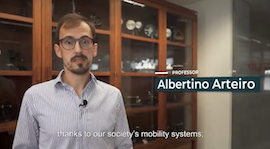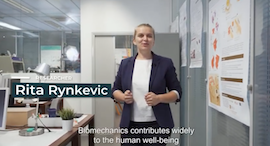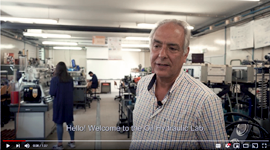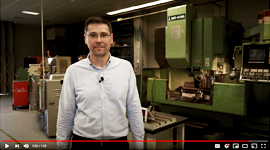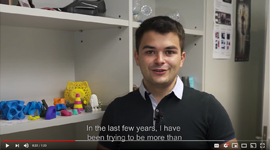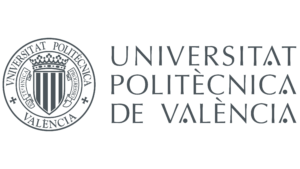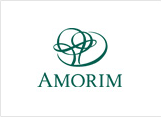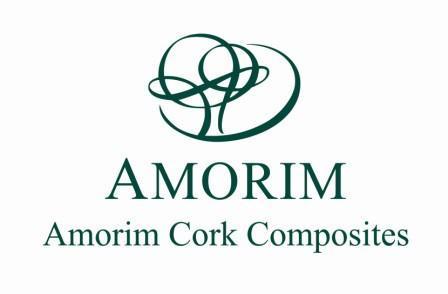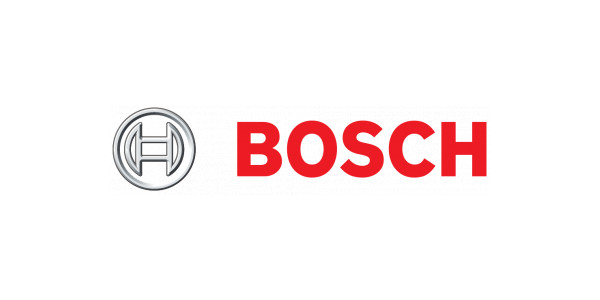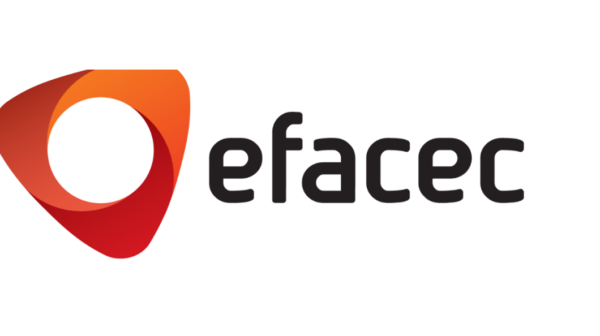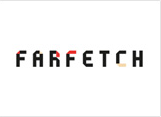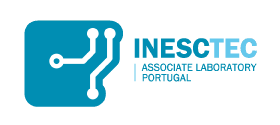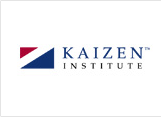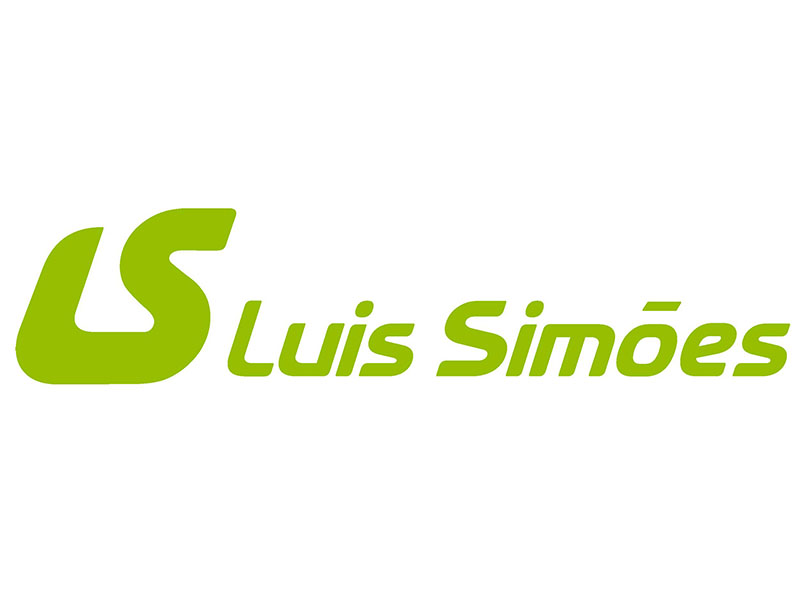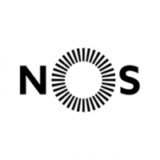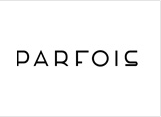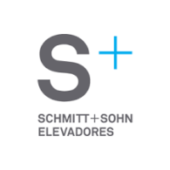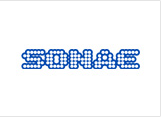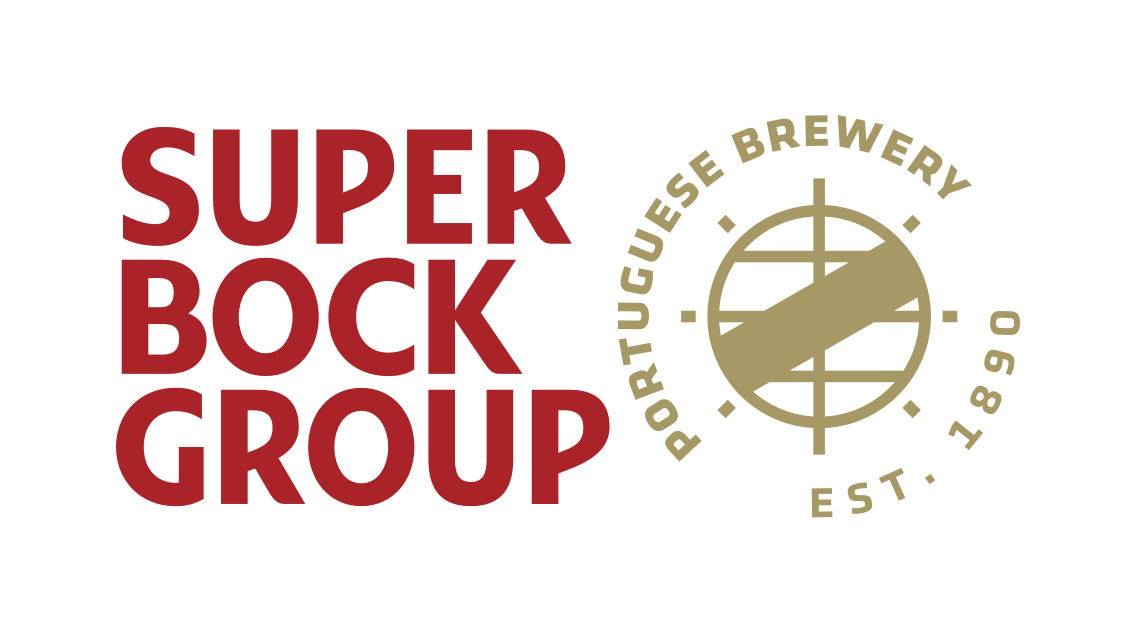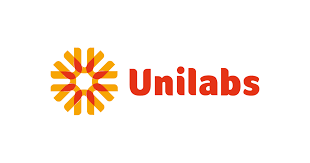
ABOUT

What is Mechanical Engineering?
A mechanical engineer is a little bit of everything, he is the football player who defends, attacks and scores goals. Mechanical engineering covers all areas of engineering, allowing the mechanical engineer the perform function. This is key to the success of a mechanical engineer. Its pillars are mathematics and physics, enabling to conceive, design and manufacture cars, motorcycles, aircraft, bases, energy systems, etc. It is the engine of our society.
A mechanical engineer designs or helps to design almost anything, from medical devices or sports equipment to car engines, airplanes or power plants. Mechanical engineering deals with everything that moves, starting with the human body; it uses knowledge of physics, mathematics and materials, and concepts such as strength, energy and movement to design and manufacture mechanical systems that affect virtually every aspect of our lives. Therefore, it is of major importance to the growing of the economy, increasing security, and contributing to the development of both individuals and societies.
The career opportunities for mechanical engineers are highly diverse and may be found in many different companies, from large multinationals to small local companies, in public services or in self-employment / consultancy.
The scope of mechanical engineering allows students a wide variety of career options, in which continuing education must be assured. Regardless of the particular path taken after graduation, the training provides the tools and creative thinking that allows designing a product or system, which means that the skills of mechanical engineers are of interest even in non- engineering activities, such as insurance, banking and others.

Who should apply?
To all graduates who intend to deepen their knowledge and mastery of methods and techniques in Mechanical Engineering fields such as:
- construction and maintenance of equipment; energy production and management; production planning and management; automation; new materials and new technological processes; and development of new products.
During the Master’s program, we encourage:
- acquisition of experience in the use of computer resources in the areas of Mechanical Engineering, as well as skills in scientific computing, databases and management, CAD / CAM / CAE and computer applications for automation;
- Acquisition of skills so that, throughout life, students might be able to: a) know how to use technical-scientific knowledge in solving problems; b) recognize the need for experimentation and be able to project, carry out and interpret results; c) communicate and interact with different audiences and through different means of communication; to participate in multidisciplinary teams, with personal integrity and professional ethics; d) develop their training.
Main Goals
The 2nd cycle of studies in Mechanical Engineering (M.EM) main goals are:
- To rejuvenate and modernize the training given to future Mechanical Engineers by significantly increasing the technical and scientific density of its ‘specializations;
- Meet the Industry needs, either in the emerging technological areas from mechanics or in the areas of research at DEMec, following the installation of many development centers and production units of several national and international companies in the north of Portugal;
- Marking a clear differentiation and appreciation of the cycle of study in relation to similar Polytechnic Education, particularly through the technical and scientific dimension of the specializations;
- Transfer the scientific excellence of DEMec (and FEUP) to the specializations, namely its human, computational and experimental resources.
Specific Goals
The Master’s Degree Intends to train Mechanical Engineers who are capable of:
- Employing technical ability and knowledge to solve a wide variety of problems, in an integrated and intelligent way;
- Recognizing the need for experimentation and being able to design, carry out and interpret the results of an experimental program;
- Communicating in an efficient way the content and the importance of the work to a wide variety of audiences and through different means of communication;
- Participating in multidisciplinary teams, with a high degree of personal integrity and professional ethics;
- Continuing and further develop their training
Mechanical Engineers are expected to intervene in a wide range of activities, such as:
- Construction of mechanical and thermal equipments (motor and rail vehicles, machine tools, metal structures, boilers, heat exchangers …);
- Energy production (thermal energy, wind energy, new energies, air conditioning, indoor air quality …);
- Production planning and management (logistics, transport, industrial maintenance, human resource management, quality management …);
- Industrial automation (automation of production lines, robotics, control systems …);
- Development and application of new materials (ceramic, composites, polymeric, bio-materials…);
- Design and development of new products (integrated design, ergonomics, sustainability, …);
- Automotive management maintenance and repair;
- Creation of new technological companies;
- Project management and consulting.
ACCREDITATION
The study cycle is accredited by the Higher Education Assessment and Accreditation Agency (A3ES).
CERTIFICATE
Master’s Degree and/or Specialisation in Mechanical Engineering.

5 reasons to choose
MEM at FEUP


Access to high quality resources: facilities, laboratory equipment and software.




Videos

Partnerships with companies
More than a third of the Dissertations are carried out in a business environment, which is one of the great advantages of this training. Companies welcome students for a period to research and develop a topic with scientific quality assurance that will be completed into a Dissertation for the completion of the Master’s degree.

Student Groups and Associations
On November 21, 2016, NEEM FEUP (NEEM FEUP – Academic Nucleus of Mechanical Engineering Students of the Faculty of Engineering of the University of Porto) was formed by a group of students from the Integrated Master in Mechanical Engineering (MIEM) and its main objective is to support the academic path of the entire student community, from the pedagogical domain to its most playful aspect. It is also NEEM’s purpose to function as a liaison between students and the corporate world.
Currently, NEEM FEUP has approximately 70 students, from all academic years, who work daily for the benefit of the approximately 1100 MIEM students, always with the close collaboration of both the Directorate of MIEM and the Department of Mechanical Engineering (DEMec) at FEUP.
As such, NEEM identifies itself as an association that aims to represent MIEM students and make a difference through their academic path, while also renewing its members every new mandate.
 Employability
Employability
The following data is based in the Employment Survey FEUP 2020 and refer to the graduates of MIEM – Integrated Master in Mechanical Engineering – in 2018/2019. 60% from a total of 117 graduates have answered the survey.
How long until students find the first job opportunity
BEFORE FINISHING
AFTER FINISHING
LESS THAN 3 MONTHS AFTER FINISHING
Correlation between job position and study area
FULLY RELATED
PARTIALLY REALTED
First Job in Portugal/Abroad
PORTUGAL
ABROAD
 Job Opportunities
Job Opportunities
FEUP’s mission is the “Education and training of engineering professionals at an international level, sustained by Research and Development of excellence with regional focus but with recognized quality at a global level and in an extension practice of recognized quality, covering the scientific, technical aspects , ethics and cultural ”. The Master in Mechanical Engineering (MEM) completely endorses this mission, by providing advanced training in Mechanical Engineering, enabling its graduates to embark on professional careers in both national and international terms. To this end, it provides its students with wide array of technical and personal skills, of recognized importance in the business world.
The main professional opportunities of a Master in Mechanical Engineering include:
- Construction of mechanical and thermal equipments (motor and rail vehicles, machine tools, metal structures, boilers, heat exchangers …);
- Energy production (thermal energy, wind energy, new energies, air conditioning, indoor air quality …);
- Production planning and management (logistics, transport, industrial maintenance, human resource management, quality management …);
- Industrial automation (automation of production lines, robotics, control systems …);
- Development and application of new materials (ceramic, composites, polymeric, bio-materials…);
- Design and development of new products (integrated design, ergonomics, sustainability, …);
- Automotive management maintenance and repair;
- Creation of new technological companies;
- Project management and consulting.

TESTIMONIALS

APPLICATIONS


APPLICATION FEE
55€


LANGUAGE
Inglês


ACADEMIC YEAR
Setembro – Junho


TUITION FEE
Check here


DURATION
2 anos (2º ciclo)


APPLICATIONS
Awaiting information for 25/26

CONTACT
Faculdade de Engenharia da Universidade do Porto
Department of Mechanical Engineering
Rua Dr. Roberto Frias, s/n
4200-465 Porto
MEM Secretariat
+351 22 508 1642 or +351 22 508 1571
m.em@fe.up.pt

Director and Scientific Committee
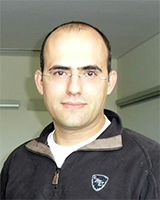
MARCO PARENTE
DIRECTOR
SCIENTIFIC COMMITTEE PRESIDENT

ABÍLIO DE JESUS
ASSISTANT DIRECTOR
SCIENTIFIC COMMITTEE
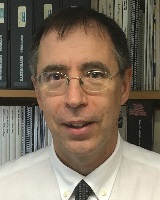
JOAQUIM GABRIEL MENDES
SCIENTIFIC COMMITTEE

JOSÉ DIAS RODRIGUES
SCIENTIFIC COMMITTEE

MANUEL PINA MARQUES
SCIENTIFIC COMMITTEE

PAULO COELHO
SCIENTIFIC COMMITTEE







